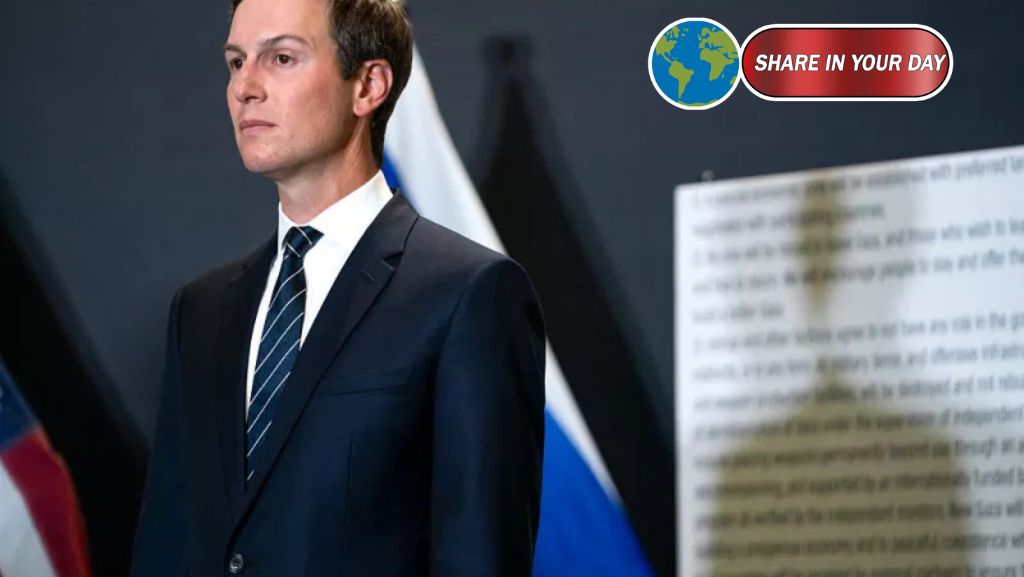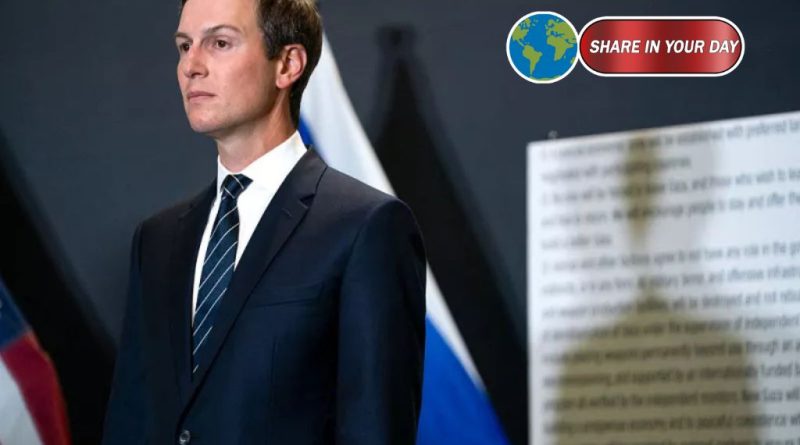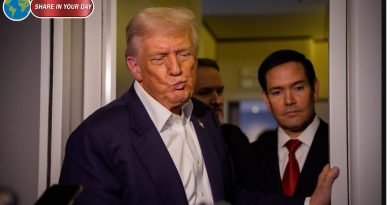Jared Kushner Leverages Business Ties in Middle East to Broker Gaza Ceasefire
WASHINGTON — Jared Kushner, once senior adviser to Donald Trump and architect of past Middle East diplomacy, has again emerged at the centre of a high-stakes deal: the recent ceasefire between Hamas and Gaza Strip/Israel. He publicly acknowledges that his business and investment relationships across the Gulf region provided “access and trust” in the conversations.

Business diplomacy at work
Kushner told reporters in October 2025 that his private-sector engagements—particularly in the Gulf Arab states—gave him leverage when engaging with regional leaders who typically keep their distance from U.S. political figures. These ties, he argued, helped open doors and build a foundation of credibility that helped in mediation.
Questions of propriety
While many hail the ceasefire as a diplomatic win, critics are raising red-flags. They argue that Kushner’s dual role—mediator and investor—presents “enormous conflict of interest” risks. One major concern: some of the Gulf nations supporting the peace process are also major backers or partners in investment vehicles linked to Kushner’s firm.
The White House has defended his work. According to a spokesperson, Kushner’s involvement was voluntary and his business interests did not influence policy decisions. Still, oversight groups say the blurred line between private profit and public diplomacy warrants scrutiny.
Impact and implications
The ceasefire agreement—brokered with Kushner’s involvement—signals a shift in how U.S. diplomacy may operate: leaning more on informal envoys with business networks beyond official government channels. For the Middle East, the arrangement could establish a precedent for future deals involving private-sector actors.
At the same time, the use of such channels raises questions about transparency, accountability and the proper role of private investment in peace-making. Some analysts warn that while business incentives may help peace, they may also skew negotiations toward economic outcomes over humanitarian or political ones.




